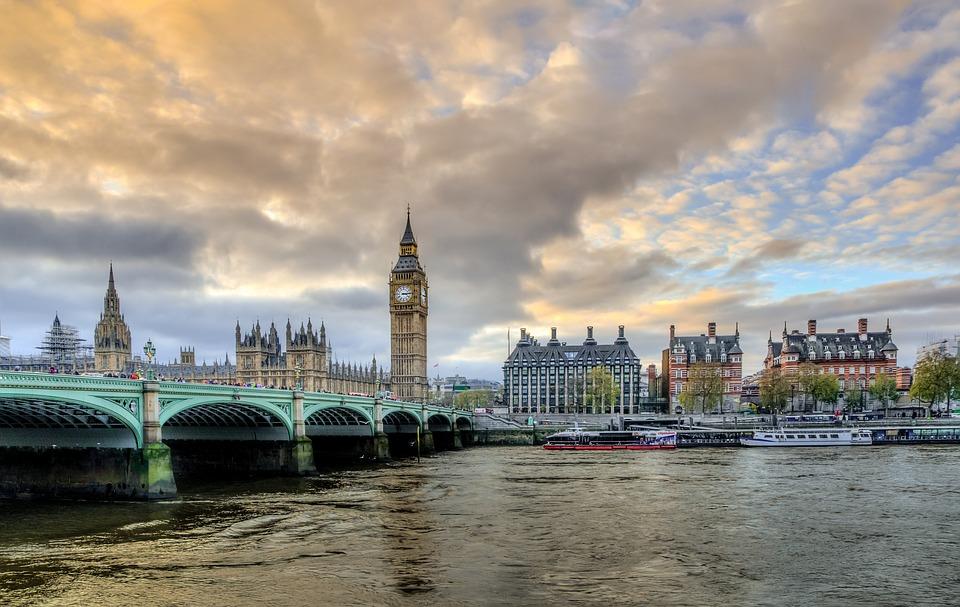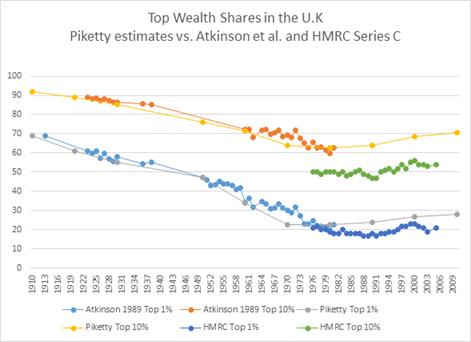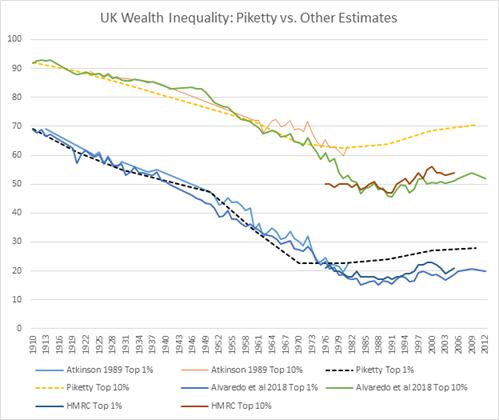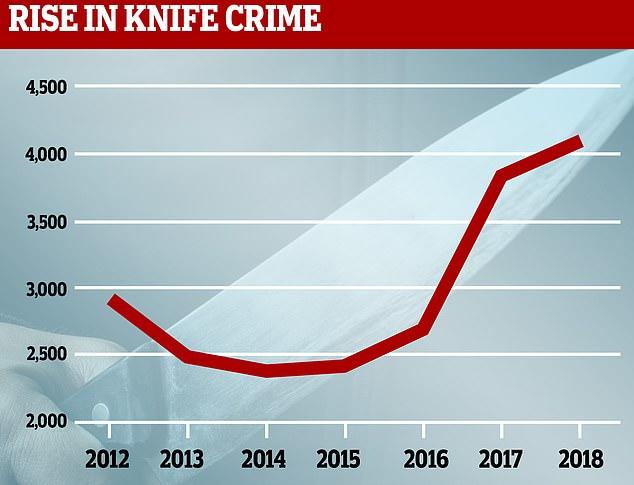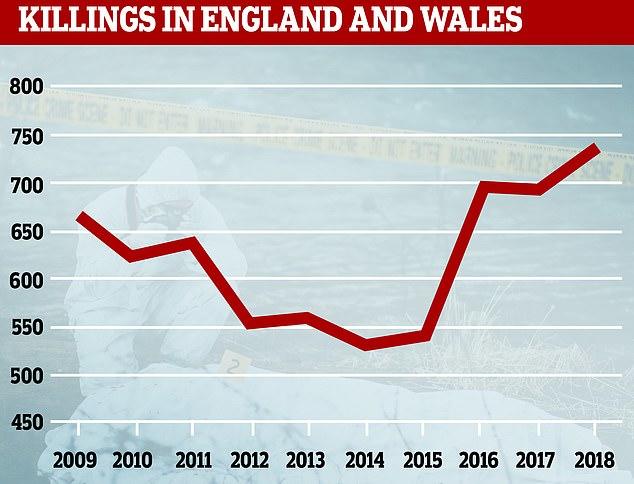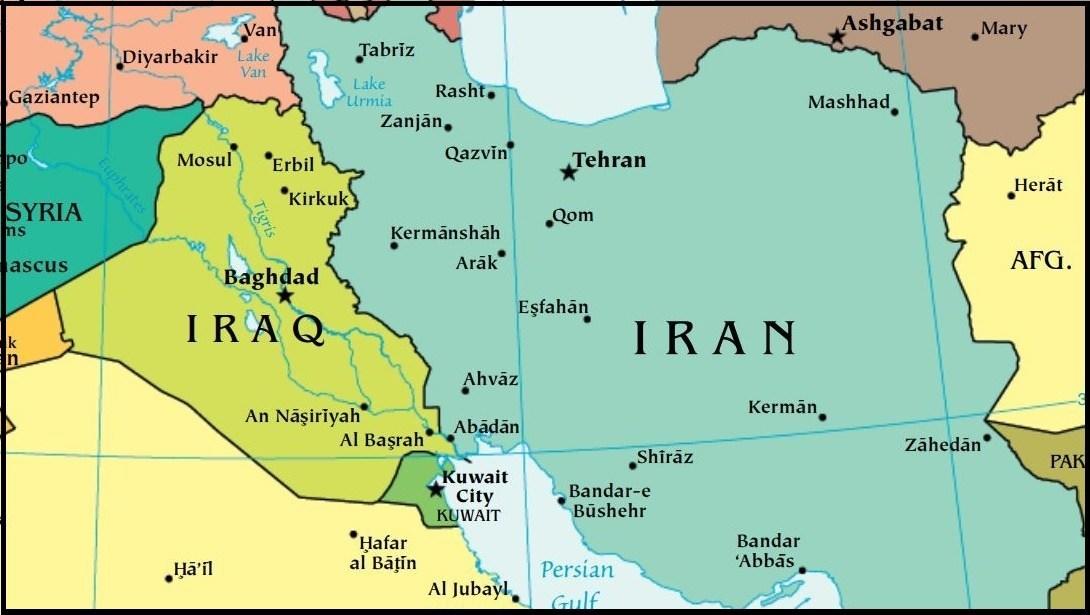An argument I come across often within the independent media is how over the past few years in the UK, the establishment have served up alternative parties and candidates to counter increasing scepticism towards globalisation and elitism. The premise goes that to quell those who have become disaffected with the status quo, the political system has allowed for alternative voices to gain a footing but at the same time kept the disenfranchised within its purview of control.
The popularity of UKIP leading up to the original EU referendum was one example, as was Jeremy Corbyn becoming Labour party leader in 2015.
Then there is the newly formed Brexit Party led by former UKIP leader Nigel Farage. The rise of this party came about in between the original Article 50 deadline of March 29th 2019 and the second cut off point of April the 12th.
When it was announced on March 21st that Article 50 had been extended until April the 12th, the next day Farage was pronounced the new leader of the Brexit party. When on April the 11th a further six month extension was implemented, twenty fours later Farage officially launched the Brexit party – on the same day Britain had been due to leave the EU.
I highly doubt this was all a coincidence. The movements of this party coincided perfectly with the enforced delays to Brexit. They were positioned to soak up the ire of those who support the UK leaving the EU, as well as those who demanded that the democratic will of the electorate be respected.
Leading into the recent EU elections, the leave side of the Brexit paradigm boasted a single coherent voice. The same cannot be said for those who wish to remain in the EU. As the recent elections demonstrated, up to five participating parties all publicly want to overturn the original referendum, as do elements of both the Conservatives and Labour. But what the system did not offer was a unified response to the Brexit party. There was no ‘Remain Party‘ option for EU advocates to coalesce around. As a result, the remain vote was split, allowing the Brexit party an clear path to victory.
My perspective on that is clear. I believe that if the objective of the establishment was to malign Brexit to the point of its demise, then a counter option to the Brexit party would have been forged. All throughout this process globalists have had ample opportunities to put a permanent halt to Brexit. But when it came down to crucial bits of legislation like invoking Article 50, it has not happened.
Some will cite the two extensions to Article 50 as evidence that the powers that be do not want the UK to leave the EU, especially under a no deal scenario. Whilst the exit day’s of March the 29th and April the 12th did not hold, I think it would be premature to look upon this as deliberate sabotage.
Over the past year I have detailed on numerous occasions why I believe a no deal Brexit is the desired outcome for the central banking fraternity. Their goal of creating a global currency framework is entirely compatible with Brexit given the exposure of sterling to a ‘disorderly‘ exit.
In the weeks leading up to the EU elections, central bank reserve managers indicated that the pound’s role as a global reserve currency would be in danger following a ‘hard‘ Brexit. I posted a two part series back in March 2019 that examined this very topic.
Since then, the threat of a no deal departure has grown rather then receded. And as things stand at present, British politics has been consumed by a new party whose leading objective is for the UK to leave the EU on World Trade Organisation Terms.
For an establishment that allegedly will do anything to stop a no deal Brexit, they are doing an extremely poor job of diverting public support away from that outcome. If their plan was to stoke up the possibility of no deal as some sort of fear tactic to pull people back to supporting EU membership, then it has failed. I would contend, though, that this was never the original intent.
How far the Brexit party advance from here will be key. Next week they have the opportunity of winning a by-election in Peterborough and with it representation in parliament. A few weeks later the Conservatives are due to select their next party leader and Prime Minister. And once that matter is settled we begin edging nearer to the Article 50 deadline of October the 31st.
The evidence suggests that any further delay to Britain leaving the EU will embolden the Brexit Party. A second referendum or general election continue to be spoken about in the media as potential causes for another extension. Let’s quickly look at each of those options in turn:
A Second Referendum
Along with the economic side of Brexit, a second vote is something I have written about since June 2018. With Theresa May stepping down as Prime Minister in two weeks, it is likely that the withdrawal agreement negotiated with the EU under her leadership will depart with her. The next Tory party leader is tipped to be a ‘Brexiteer‘, and with the EU insisting that the agreement already rejected by parliament three times is ‘the only deal possible‘, the chances of an alternative deal materialising are slim to none when you consider that the next Prime Minister would have just weeks to negotiate something new.
In terms of a second referendum, that would leave just two options. Leave the EU under WTO terms or remain part of the bloc. I have long since predicted that in the event of a referendum a ‘no deal‘ option would be on the ballot. The rise of the Brexit party only increases that likelihood.
The resultant delay to Brexit to accommodate a referendum would represent a breeding ground for discontent amongst the British public. The more that politicians are seen to prevaricate over Brexit, the higher the chances of them being punished for it.
A General Election
The opposition Labour party have said that as soon as the next Conservative Prime Minister is announced, they will immediately call a vote of no confidence to try and force a general election. Whilst it is doubtful this would succeed, if an election was to take place then it would probably require Article 50 to be extended once more. The Brexit Party would field candidates throughout the UK, and again would be perfectly placed to capitalise on the rising level of animosity towards politicians over Brexit.
It is not inconceivable that a general election which caused a third delay to the process would return dozens of seats to Nigel Farage’s party, and place them in a position to form a coalition with the Conservatives and make leaving the EU under WTO terms ever more likely.
In the end it does not matter which is the chosen route towards a no deal outcome. It is the economic ramifications from it which are relevant. The resultant drop in the pound and disruption to supply chains would ultimately feed through to inflation. And as we saw after the first referendum, the Bank of England responded to rising inflation by raising interest rates.
Outgoing BOE governor Mark Carney has since spelled out on several occasions that the inflationary effects of a no deal Brexit would see rates rise rather than fall. I do not believe this to be an empty threat. Central banks have reverted over the past couple of years to reaffirming importance of their mandate for 2% inflation. Communications from both the the International Monetary Fund and the Bank for International Settlements continue to endorse the position that interest rates should rise when inflation is consistently above target.
Whilst a decade ago central banks abandoned their inflation mandates, slashed rates to zero and commenced with trillion dollar quantitative easing programmes, these policies were initiated under the pretext of preserving the global financial system. The ‘Great Financial Crisis‘ as it became known was to a large extent a product of the system. Thus central banks implemented accommodative measures.
This time, however, economic instability is being perceived as stemming from the political sphere. The actions of governments, rather than the intent of central banks, is where attention is being focused.
The Bank of England, along with their counterparts the ECB and the Federal Reserve, have all been engaged in gradually removing monetary accommodation. Given that it is this accommodation that is almost exclusively responsible for maintaining the illusion of economic recovery, it is no coincidence that its removal has coincided with a significant increase in geopolitical conflict.
As I keep pointing out, globalists cannot advance their agenda without the onset of crisis scenarios. Crisis breeds opportunity. A no deal Brexit falls directly into that category.
via ZeroHedge News http://bit.ly/2Mgps5V Tyler Durden

